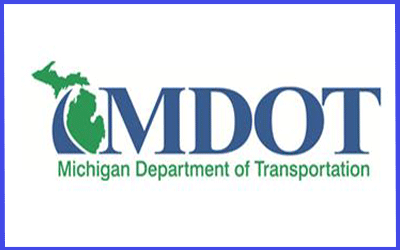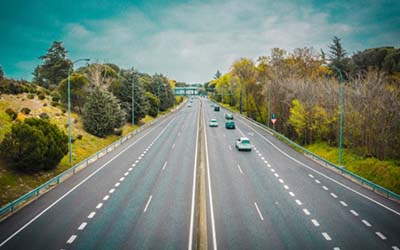
Road bridge over I-75 starts after Independence Day
FOR IMMEDIATE RELEASE MONDAY, JUNE 28, 2021
CONTACT: Rob Morosi, MDOT Office of Communications, 248-483-5107, [email protected]
Replacement of 11 Mile Road bridge over I-75 starts after Independence Day weekend in Oakland County
Fast facts: – The 11 Mile Road overpass over I-75 will be replaced this year. – Both directions of 11 Mile Road will be closed to through-traffic. – The new 11 Mile Road overpass is scheduled to open in November.
June 28, 2021 — Contracting crews will be replacing the 11 Mile Road overpass above I-75 in the city of Madison Heights this year. Removal of the existing structure will begin during the overnight hours of Friday, July 9. The new 11 Mile Road overpass is scheduled to open in mid-November. During this replacement work, both directions of 11 Mile Road will be closed to through-traffic between Campbell-Hilton and John R. roads. One lane will be open in each direction for residential and business traffic between Campbell-Hilton Road and the southbound service drive on the west side of the freeway, and between John R. Road and the northbound service drive on the east side of I-75. During the closure, through-traffic will be detoured to 12 Mile Road. In addition, all ramps at the I-75/11 Mile Road interchange will be closed, except for Fourth Avenue access to southbound I-75. That entrance ramp will remain open during the initial phase of the replacement work and is expected to close later this summer. A closure of the northbound service drive from Lincoln to Baxter avenues, as well as the southbound service drive from Gardenia Avenue to just south of 11 Mile Road, will be in place until mid-November. Follow I-75 modernization progress on the web at www.Modernize75.com, or follow on Facebook at www.facebook.com/Modernize75 or on Twitter at www.twitter.com/Modernize75. |







